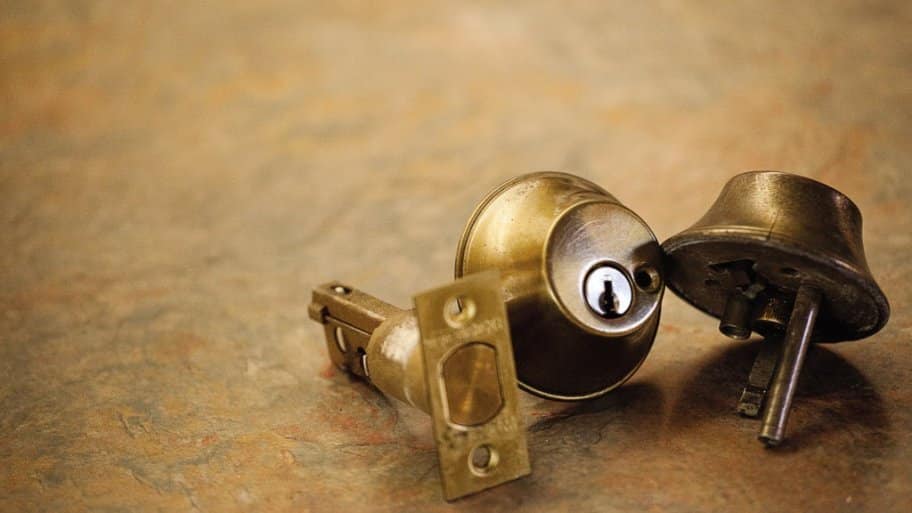When it comes to securing your home or business, one of the most common questions people ask is whether it’s cheaper to rekey locks or replace them entirely. Both options have their benefits, but which one is more cost-effective? Let’s break down the differences and help you decide what’s best for your situation.
What is Rekeying a Lock?
Rekeying a lock involves adjusting the internal components (pins and tumblers) so that the existing key no longer works. A locksmith will replace these internal parts and provide a new set of keys while keeping the original lock hardware intact.
Pros of Rekeying:
- More Affordable – Since the existing lock hardware remains in place, rekeying is usually the cheaper option.
- Quick Process – A professional locksmith can rekey a lock in a matter of minutes.
- Increases Security – If you’ve lost keys or recently moved into a new place, rekeying ensures old keys won’t work.
- Convenient – Multiple locks can be rekeyed to work with the same key, reducing the number of keys you need.
What is Replacing a Lock?
Lock replacement involves removing the entire lock mechanism and installing a brand-new one. This may be necessary if the existing lock is damaged, outdated, or if you want to upgrade to a higher-security system.
Pros of Replacing:
- Enhanced Security – Newer locks often come with advanced security features that make them more resistant to picking or bumping.
- Upgrades Available – You can switch to smart locks, keyless entry systems, or high-security deadbolts.
- Necessary for Damaged Locks – If a lock is worn out or broken, replacement is often the best option.
Cost Comparison: Rekeying vs. Replacing
In most cases, rekeying is significantly cheaper than replacing a lock. The cost of rekeying typically includes labor and the price of new keys, while replacing a lock involves purchasing new hardware, which can range from standard locks to high-security options with varying price points.
Typical Price Ranges:
- Rekeying a lock: $15–$50 per lock (plus service call fees)
- Replacing a lock: $50–$300 per lock (depending on the lock type and brand)
If you’re on a budget or simply need to revoke access to old keys, rekeying is usually the most cost-effective solution. However, if your locks are outdated or damaged, investing in new locks may be the better long-term choice.
When Should You Rekey vs. Replace?
Choose Rekeying If:
- You recently moved into a new home or business and want to ensure old keys no longer work.
- You’ve lost a key, but the lock itself is still in good shape.
- You want to match multiple locks to work with a single key.
Choose Replacing If:
- Your locks are old, damaged, or worn out.
- You want to upgrade to a high-security or smart lock system.
- The lock has been compromised due to a break-in or attempted tampering.
Final Verdict: Which is the Cheaper Option?
If you’re looking to save money, rekeying is almost always the more affordable option. It provides a quick and effective way to enhance security without the cost of new hardware. However, if your locks are outdated or you want to upgrade to a more secure system, investing in new locks can be worth the expense.
Ultimately, the best choice depends on your security needs and budget. A professional locksmith can assess your situation and recommend the most cost-effective solution to keep your home or business secure.




